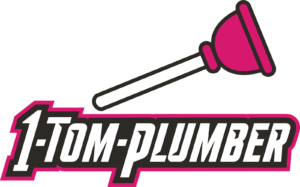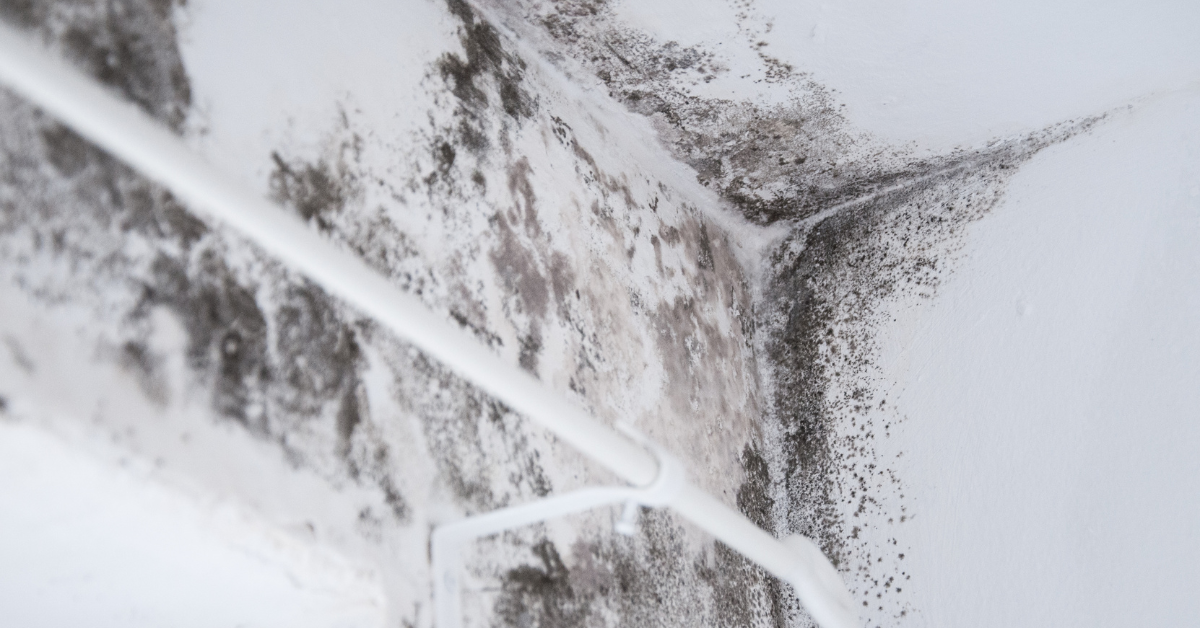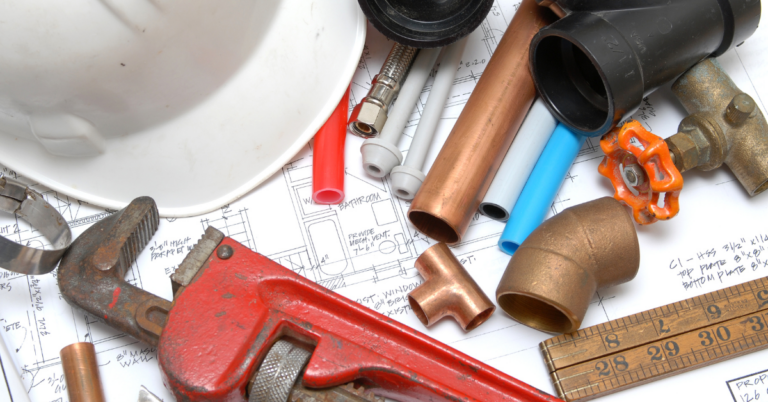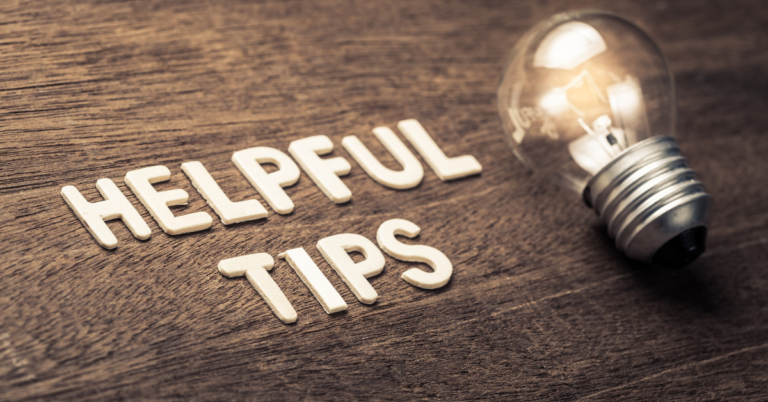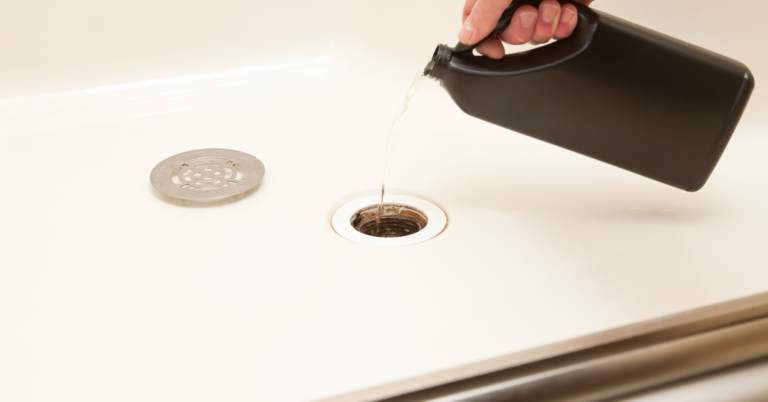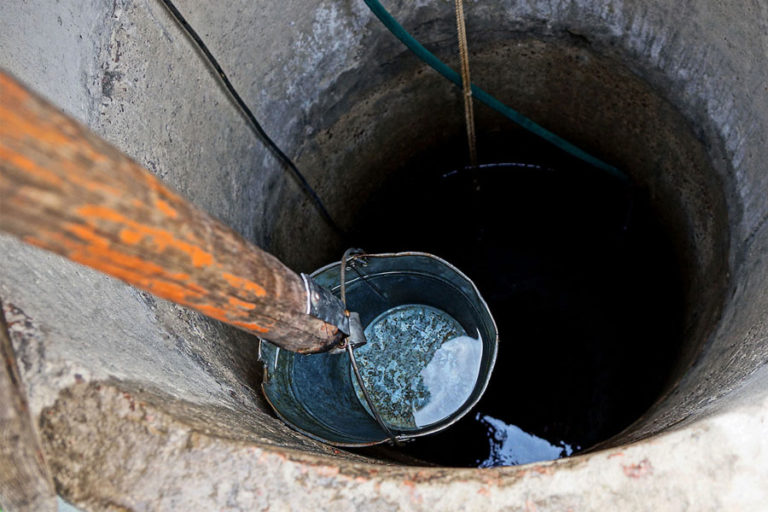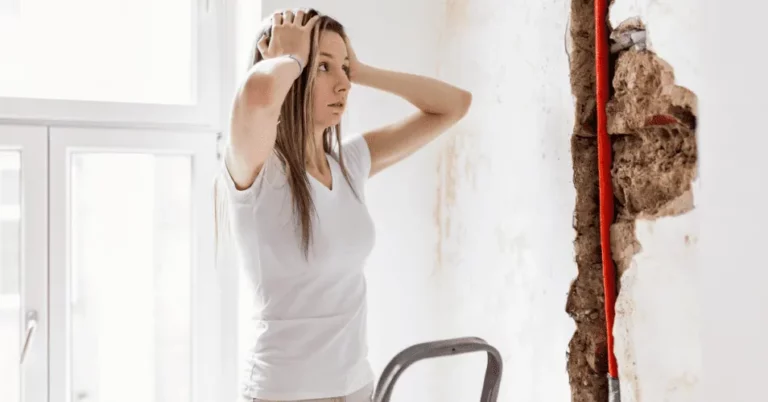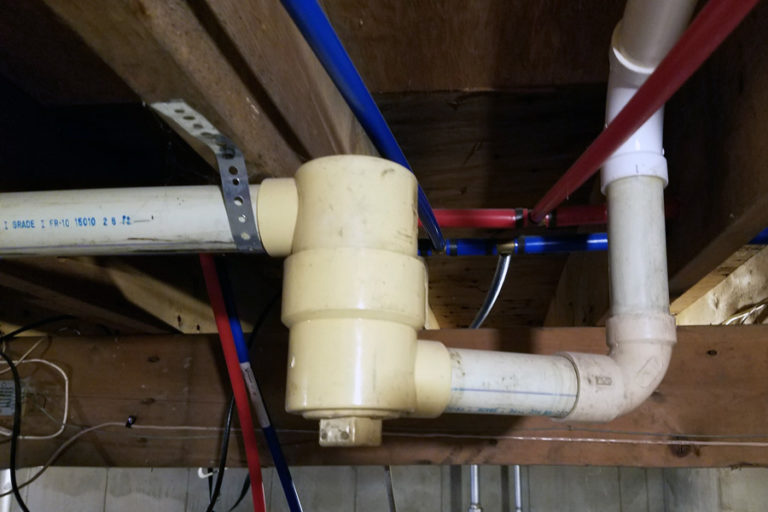How To Prevent Water Damage
Water damage can be disastrous to your home. It can cause drywall and studs to rot; black mold throughout your home and may even weaken structural pieces like joists and beams. Water damage remediation can be really expensive, your homeowners insurance may cover it. However, there are usually deductibles that need to be hit before they will cover it.
Drains
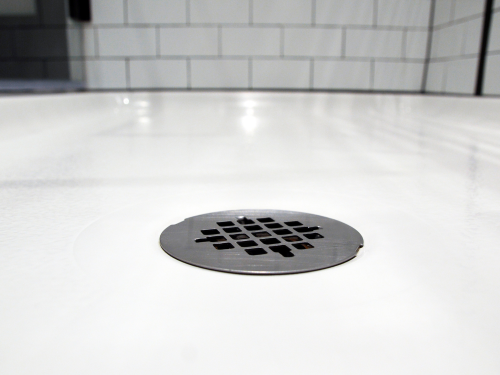
If your drainage system isn’t working optimally then water may leak out of the pipe into your walls, ceilings, floor or cabinets. If you see a leak, or signs of leaks in your pipes it is important to take care of it immediately. Most of the pipes in your home are hidden, so look for wet spots around your home.
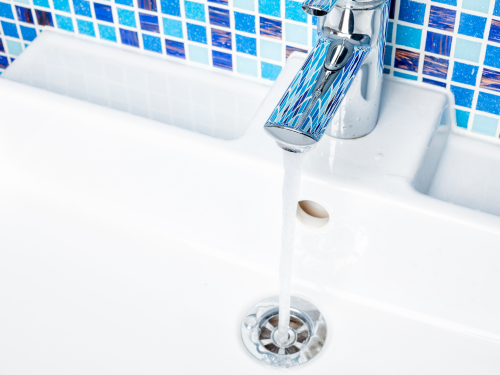
There are leak detection devices that are generally placed by your water main, near your washing machine or water heater. They don’t stop a leak, but they will sound an alarm. When you hear the alarm, you can then turn off the water in our home.
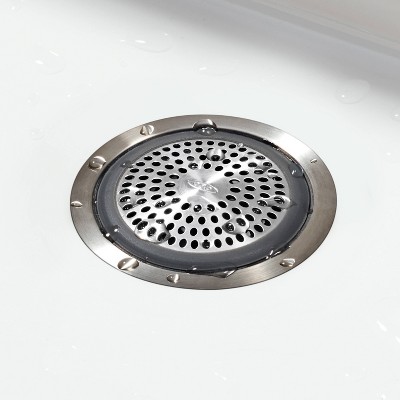
It is also important to clear clogs as they arise, and with regular maintenance your pipes should stay clear. To avoid clogs make sure to avoid putting grease or food down your kitchen sink drain, and place a strainer over your shower drains.
Sump Pump
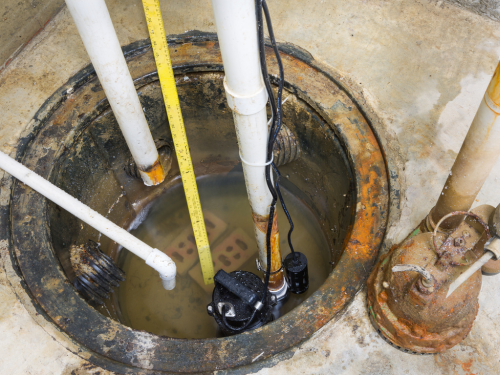
It is important to make sure your sump pump is working. Your sump pump’s job is to drain excess water in your basement or crawl space and drain it away. The first step is to switch to a GFCI outlet and that the pump turns on.
After that, fill a bucket with water and dump it in the sump pump. This will simulate a flood, and the sump pump should drain the water away. If it doesn’t drain all the water away in a timely manner, give 1-Tom-Plumber a call.
Water Pressure
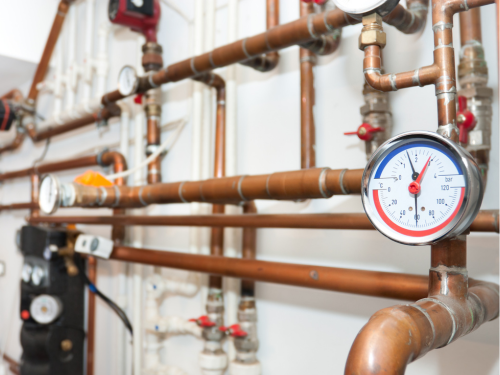
If the pressure of your water is too high, your pipes can burst. The burst can cause a small hole or the whole pipe can burst. The water pressure in your home should be no more than 60 PSI. If your pressure regulator valve isn’t working properly it may be time to replace it.
Water Main
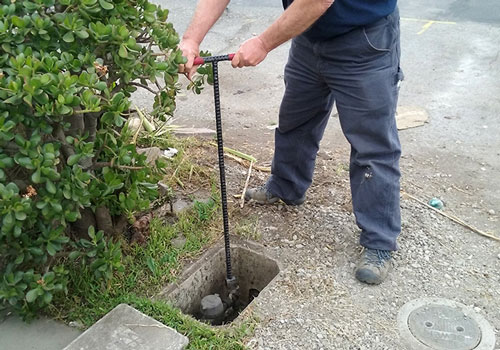
Turning off the water main is a very important step if there is water gushing out of your pipes or flooding your basement. The water main shut off valve will stop all the water going into your home. It is imperative to get the water turned off in your home as soon as it starts to flood.
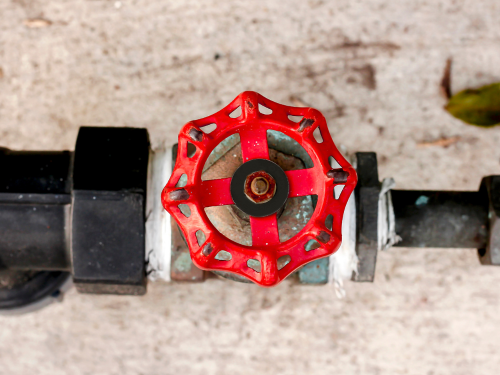
In combination with the leak detection system, you can get an automatic shut off valve. It can work with the leak detection system so as soon as the alarm goes off the automatic shut off valve will turn the water off. This is a great way to prevent water damage.
Freezes
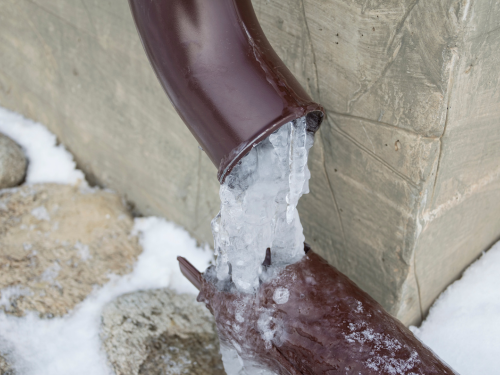
If you live in a place where it gets cold enough to cause your pipes to freeze, it is important to make sure that afterwards there is no damage. It may also mean that hoses in your appliances might need to be replaced more often than somewhere that doesn’t freeze.
Gutters
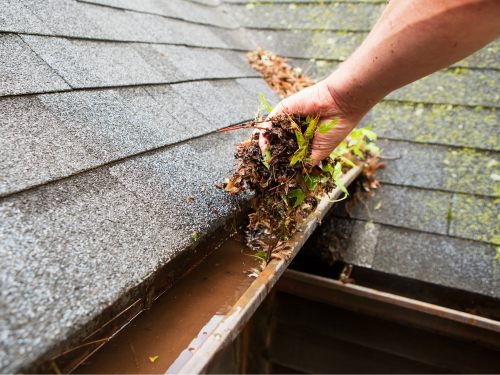
It is the gutter’s responsibility to collect the water that comes off your roof and take it away from your home. If your gutter isn’t cleared, it will not be able to hold as much water. Which can spell trouble if there is a large storm.
The downspouts connected to your gutter system should make sure the water is taken 2 feet or more away from your home.
Roof
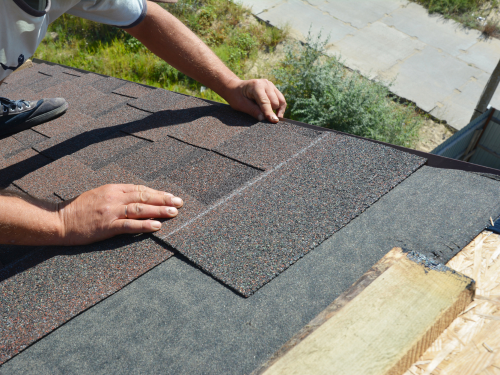
Your roof also helps prevent water from getting into your home. If you have missing or damaged shingles, water can pool there causing damage. Roof inspection is best left to the professionals as it is a risky thing to do.
Final Thoughts
Water damage prevention is an important thing to keep up on in your home. A small leak can cause more damage than you may think is possible. With these tips your risk for water damage should lower.
Call 1-Tom-Plumber
Don’t hesitate to contact us here or call us at 1-Tom-Plumber (1-866-758-6237) if you need any plumbing, drain cleaning, water damage, or excavation service. 1-Tom-Plumber’s certified team of plumbers and drain technicians respond immediately to any emergency plumbing, drain cleaning, or water damage problem. We also handle the excavation of underground water lines and sewer main lines. Our immediate-response team is available every day and night of the year, even on holidays.
